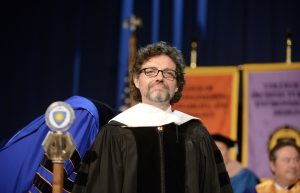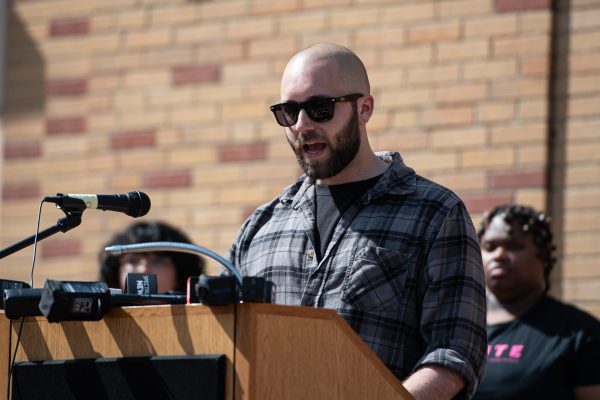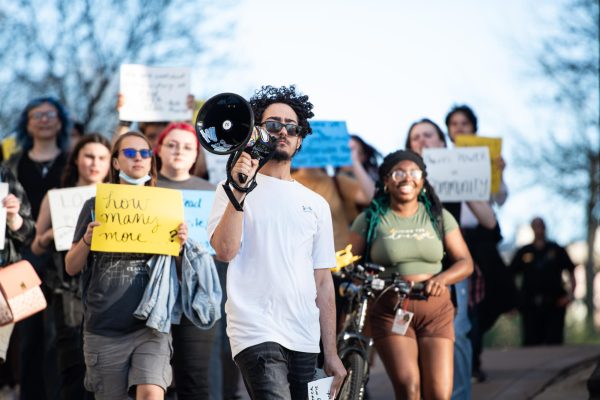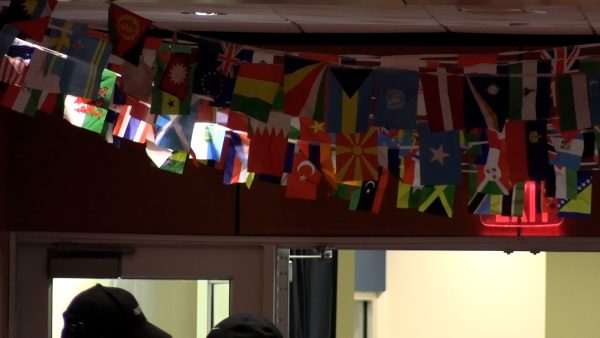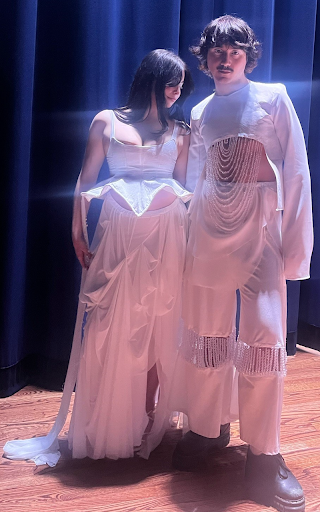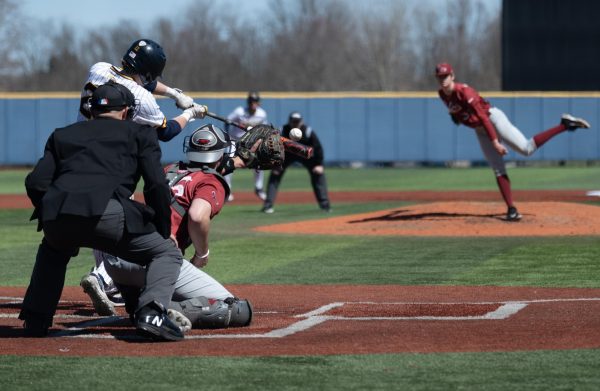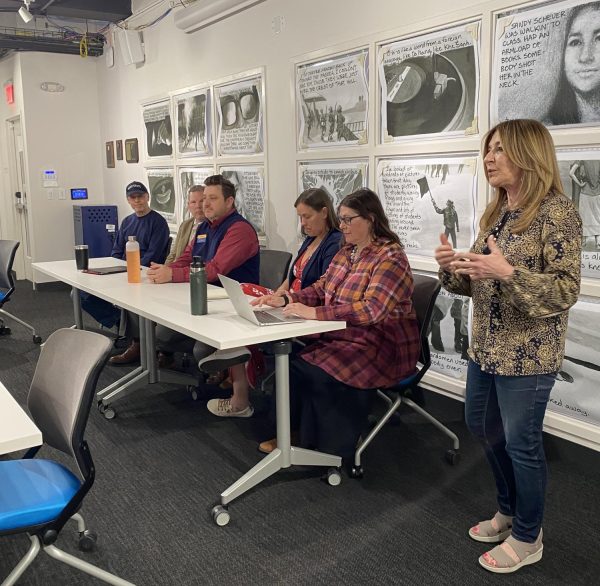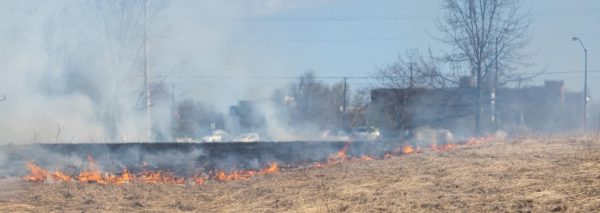Don’t take the election for granted
November 3, 2008
A little more than three weeks ago, I was visiting my family in Ashtabula for the first time in almost six months. We took a trip out to see the newest covered bridge, which had only just opened. On the way to and from, we drove along roads well outside the city limits, and I found myself transported in time. Perhaps it was because I’d recently read David McCullough’s “John Adams,” but I found myself thinking about what the area must have been like 100 years ago, 150, even 200 years ago. I thought about how bad the roads would be by our standards, how long and hard movement from one settlement to another would be, about what a struggle life would be. I thought about the fact that the vast majority of the country would be like that.
Then I saw an election sign in someone’s yard, and my breath was taken away because I realized that even during an era when communication and transportation were incredible hardships, when most people would rarely leave their hometowns, and when Washington, D.C., was a distant village inhabited only by the federal government, they would still hold an election. Even in the most distant and harrowing areas of the country, democracy – however imperfectly manifested – took root.
Think about that. For 232 years now, the United States of America has successfully held onto its democracy. Since 1792, there has been a presidential election every four years. There has never been a coup d’etat, there has never been a revolution or revolt, and our only civil war was fought over the twin issues of states’ rights and slavery, not by two factions simply vying for power. That’s a pretty amazing accomplishment, and one many countries in the world simply cannot claim for themselves.
Just think: You’re a 15-year-old girl living in Harare, the capital city of Zimbabwe, in 2007. One day, you and your mother are abducted by state agents and youth militia, who take you out to the mountains and begin to punch you and beat you, punching and kicking you in your head, your back, your legs. Why? Because your father is a member of the opposition party and your mother is an activist with a feminist organization.
Just imagine: You are a prominent journalist from Bangladesh. You have been concerned about so-called “extrajudicial executions” and acts of torture by the interim government. Instead of acting to end these human rights abuses, your government reacts by sending its Directorate General of Forces Intelligence to your home to ransack your property, force you at gunpoint to travel to an army complex, blindfold you and begin torturing you for your reports.
Just imagine: You are a journalist living in Pakistan in early 2008, trying to cover the election. Your government, however, has banned live news broadcasts in reaction to coverage of protests from lawyers over the detention of Supreme Court judges the previous year. Your news analysis program about the election must be pre-recorded and then vetted by a censor committee to ensure the government won’t be upset. If it is, then your television station is to be taken off the air, and you and other journalists risk imprisonment and brutal beatings. You know all this because you were threatened by Pakistan’s Inter-Services Intelligence.
When I think about the things that are or have been wrong with America – and there’s certainly been plenty – I always try to come back to this:
Whatever our sins, whatever our faults, the United States of America is still a place where people are, with rare exceptions, free to speak as they wish and free to vote as they wish. The United States of America is not a nation where being a member of an opposition or activist party is likely to get you tortured or killed. The United States of America is a place where elections can happen peacefully, and where power can be legitimately transferred. The United States of America is one of a group of exceptional countries in that regard.
The next time you get tired of all the election news or feel frustrated or angry with the party you oppose, just remember that much. Free and fair elections are denied to many millions in this world, and we are all privileged to live in a country where we can take them for granted.
Zach Wiita is a senior political science and theater studies major and a columnist for the Daily Kent Stater. Contact him at [email protected].









